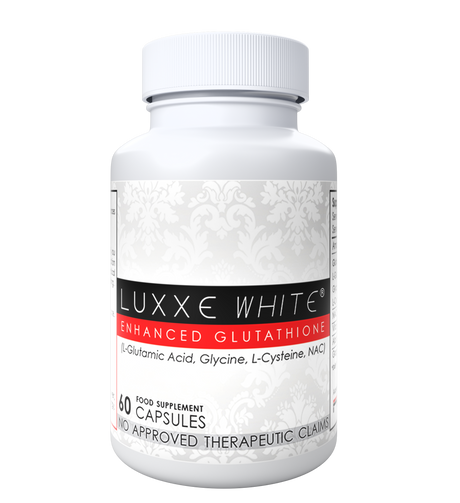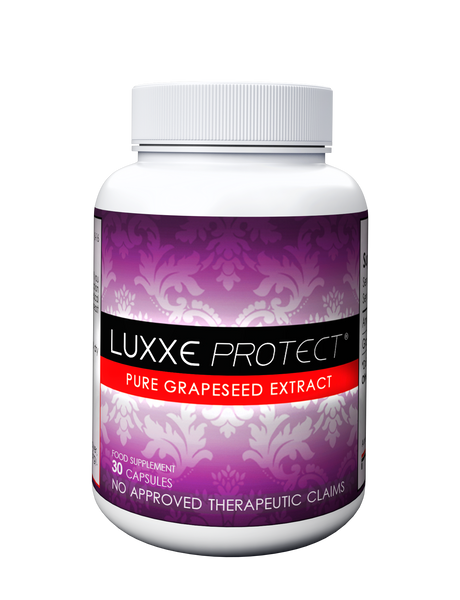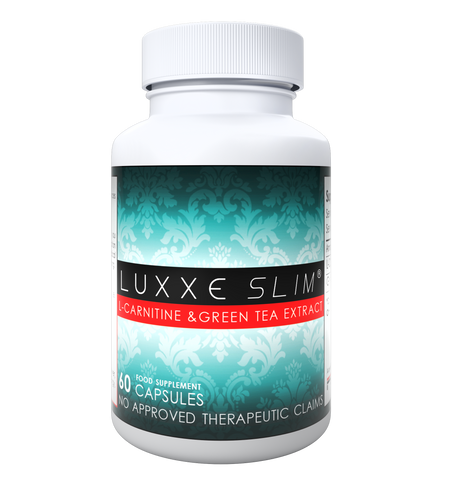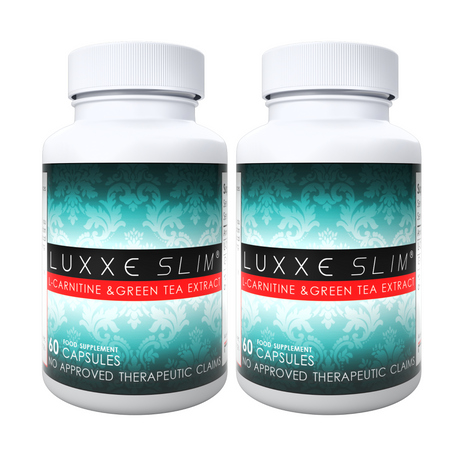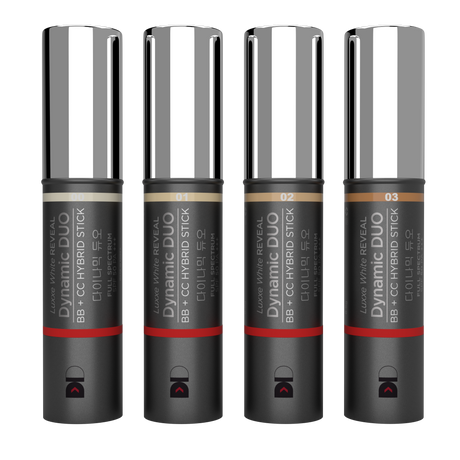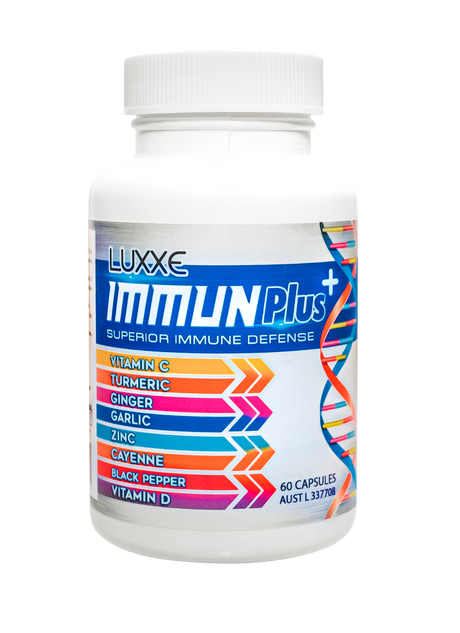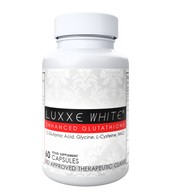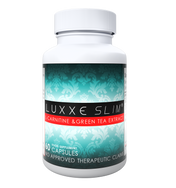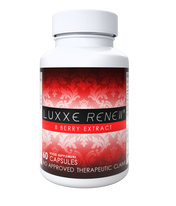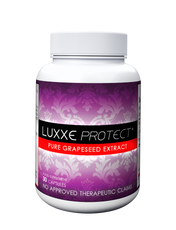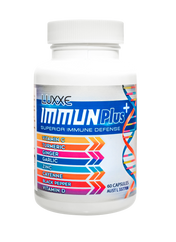Collagen is a protein that plays a crucial role in the structure and function of our bodies. It is a major component of connective tissues, skin, bones, and muscles. But can collagen also help with hormonal imbalance?
Understanding Hormonal Imbalance
Hormones are chemical messengers that regulate various bodily functions, including metabolism, growth, and mood. When hormones are out of balance, it can lead to a range of symptoms such as fatigue, weight gain, and mood swings.
The Role of Collagen
Collagen is known for its skin benefits, but it also plays a role in hormone production and balance. Collagen peptides can help support the production of hormones like insulin and cortisol, which are essential for regulating blood sugar levels and managing stress.
Research on Collagen and Hormonal Imbalance
Studies have shown that collagen supplementation can help improve hormonal balance in women going through menopause. Collagen peptides have been found to support the production of estrogen, which can help alleviate symptoms like hot flashes and mood swings.
Additionally, collagen can help support thyroid function, which is crucial for regulating metabolism and energy levels. By supporting thyroid health, collagen can help improve symptoms of hormonal imbalance such as fatigue and weight gain.
How to Incorporate Collagen into Your Routine
There are various ways to incorporate collagen into your daily routine. Collagen supplements are available in powder, capsule, and liquid form. You can also increase your collagen intake by consuming collagen-rich foods such as bone broth, fish, and chicken.
It's important to note that collagen supplements are not a cure for hormonal imbalance, but they can be a helpful addition to a balanced diet and lifestyle. Consult with a healthcare provider before starting any new supplement regimen, especially if you have a hormonal condition.
In conclusion, collagen can play a role in supporting hormonal balance by helping with hormone production and regulation. While more research is needed to fully understand the effects of collagen on hormonal imbalance, incorporating collagen into your routine may offer some benefits. Remember to prioritize a healthy diet, regular exercise, and adequate sleep for overall hormonal health.
